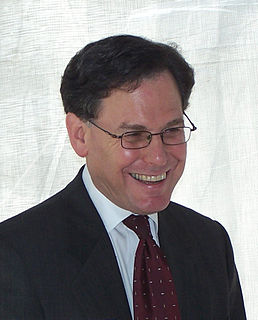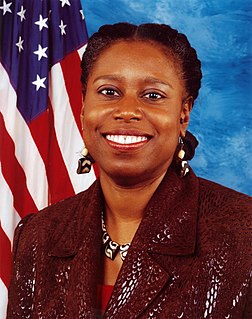A Quote by Jack Keane
I watched the Bush administration overreact to the Clinton administration, who believed they did too much nation building, sustaining other countries, and that's why we never put the commitment on Afghanistan and Iraq that should have been in there under their policy leadership.
Related Quotes
Who was it in Afghanistan who screwed up in Tora Bora and let bin Laden escape? It was the Bush Administration. Who leached all the resources, military and civil, from Afghanistan, creating the instability that we see there today in order to prepare for the misbegotten invasion of Iraq? It was the Bush administration. If there's a terrorist problem today, who is responsible now? Bush has not done the job.
The Bush administration actually started out with an open mind towards Iran, by all indications. In fact, early in the administration, the White House tasked the various agencies of government to do an inter-agency review of Iran policy, as it did with Iraq policy and most of the big areas of the world.
I think the Bush Administration had basically inherited a policy toward Iraq from the Reagan/Bush Administration that saw Iraq as a kind of fire wall against Iranian fundamentalism. And as it developed over the 1980s, it became a real political run-a-muck... even though the Iraqis were known to be harboring Palestinian terrorists.
The Clinton administration opened the doors for Bush Junior in ways that Junior's father never did. Aside from the obvious Oedipal things going on with Bush Junior, his father hasn't been a big help to him. But Clinton certainly has. When Bush talks about his "other father," people are assuming that he's talking to the supreme deity. But I think that maybe it's Clinton who's on the speed dial.
Historically, things were moving in a pretty good direction until the Reagan presidency. And then it all got reversed. The Mexico City policy was instituted - the idea of wrecking the environment for this generation's profit and forgetting about our gets got firmly embedded. I'm sad to say the Clinton administration didn't turn it around and the Bush administration, well, I think they're the worst administration we've ever had, and I used to be a Republican.
When George W. Bush decided to save the American position in Iraq by going against the advice of all of his wise men, of Jim Baker and the whole Iraq Study Group, and 90% of his administration, that was George W. Bush's decision. So we have to bear in mind that this isn't an administration we're electing. It's a person that we are electing.
Since the Bush-Cheney Administration took office in January 2001, controlling the major oil and natural gas fields of the world had been the primary, though undeclared, priority of US foreign policy... Not only the invasion of Iraq, but also the toppling of the Taliban in Afghanistan, had nothing to do with 'democracy,' and everything to do with pipeline control across Central Asia and the militarization of the Middle East.
Regime change has been an American policy under the Clinton administration, and it is the current policy. I support the policy. But regime change in and of itself is not sufficient justification for going to war--particularly unilaterally--unless regime change is the only way to disarm Iraq of the weapons of mass destruction pursuant to the United Nations resolution.
Afghanistan would have been difficult enough without Iraq. Iraq made it impossible. The argument that had we just focused on Afghanistan we'd now be okay is persuasive, but it omits the fact that we weren't supposed to get involved in nation-building in Afghanistan.In my new book, I open with a quote from Donald Rumsfeld. In October 2001, he said of Afghanistan: "It's not a quagmire." Ten years later there are 150,000 Western troops there.
Bill Clinton persuaded some people that he was really a civilized character and his Administration had the best interests of humanity at heart. These days we don't have to put up with that nonsense. It's very clear that the George W. Bush Administration is out of control. It contains some truly dangerous people.




































